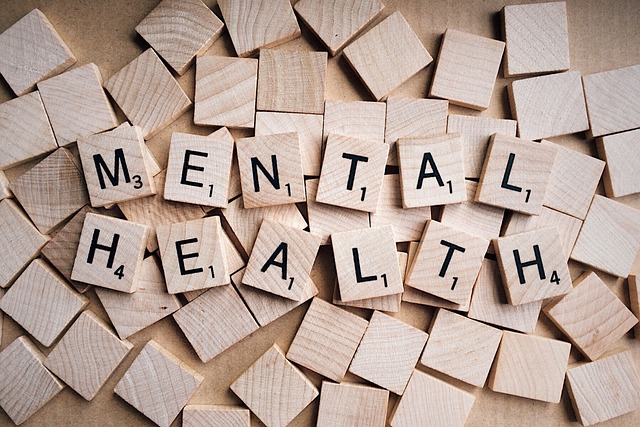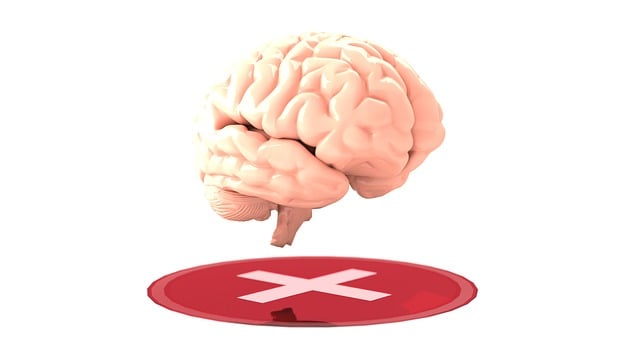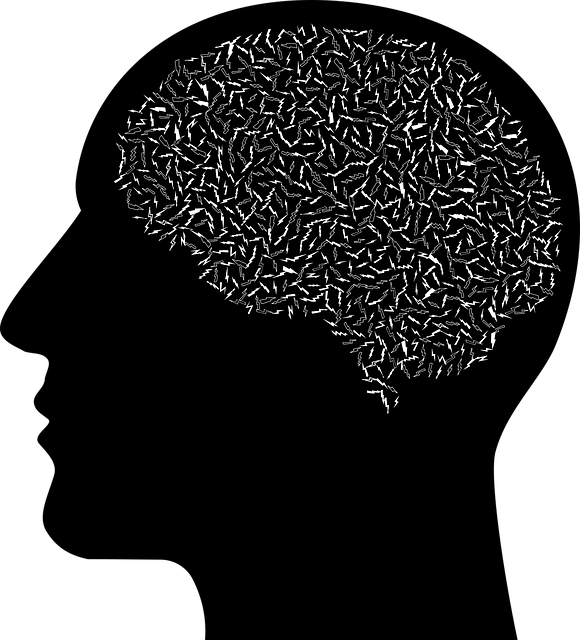Mental wellness is crucial during childhood, impacting emotional development, behaviors, and relationships. Early interventions like crisis counseling and therapy help children navigate challenges such as peer pressure, academic stress, or trauma. These approaches foster resilience, teach coping strategies, and promote positive self-esteem, setting a foundation for lifelong mental health management. Crisis counseling offers immediate support, while long-term therapy focuses on healing and emotional regulation skills. Integrating these practices with self-care routines empowers children to advocate for their well-being, ensuring better mental health outcomes into adulthood, particularly when severe crises arise.
“Promoting mental wellness among young minds is paramount, especially with the challenges contemporary kids face. This article explores the critical role of crisis counseling in fostering resilience in children. We delve into practical strategies for crafting effective self-care routines tailored to kids’ unique needs. By integrating these tools, parents and caregivers can empower young individuals to navigate stress, anxiety, and emotional turmoil, setting them on a path to better mental health, even considering the potential benefits of therapy for young children.”
- Understanding Mental Wellness and Its Impact on Young Minds
- The Role of Crisis Counseling in Building Resilient Children
- Crafting a Self-Care Routine: Tools for Promoting Mental Health in Kids
Understanding Mental Wellness and Its Impact on Young Minds

Mental wellness is a vital aspect of overall health, especially for young minds that are still developing. It encompasses emotional, psychological, and social well-being, influencing how children think, feel, and act. Understanding mental wellness involves recognizing its impact on daily functioning, relationships, and overall quality of life. Young minds are susceptible to various challenges, from peer pressure and academic stress to trauma and loss, which can lead to issues such as anxiety, depression, and behavioral problems.
Early intervention is crucial in addressing these concerns, and therapy for young children plays a pivotal role. Crisis counseling services offer immediate support during challenging times, while long-term therapeutic interventions focus on emotional healing processes and self-esteem improvement. By integrating mental wellness practices into their routines, young individuals can develop resilience, learn effective coping strategies, and foster a positive sense of self. This proactive approach not only benefits current well-being but also lays the foundation for a lifetime of mental health awareness and management.
The Role of Crisis Counseling in Building Resilient Children

Crisis counseling plays a pivotal role in equipping young children with the resilience needed to navigate life’s challenges. Through interactive and tailored sessions, this form of therapy for young children addresses immediate concerns while fostering emotional regulation skills. By providing a safe space for expression, crisis counselors help kids make sense of their experiences, process complex emotions, and develop adaptive coping mechanisms. This proactive approach not only aids in managing acute crises but also contributes to long-term mental wellness.
In the context of mental illness stigma reduction efforts, crisis counseling offers a discreet and non-judgmental environment where children can openly discuss their feelings without fear of repercussions. This supportive atmosphere encourages emotional literacy, enabling young individuals to recognize and manage their mental health effectively. Moreover, integrating crisis counseling into comprehensive mental wellness programs empowers children to become advocates for their own emotional well-being, setting the stage for a healthier, more resilient future.
Crafting a Self-Care Routine: Tools for Promoting Mental Health in Kids

Crafting a self-care routine is an essential tool for promoting mental health in children. It’s never too early to teach young ones about managing their moods and prioritizing well-being, especially as they navigate the challenges of growing up. By incorporating activities that foster relaxation, mindfulness, and emotional expression, parents and caregivers can play a pivotal role in preventing burnout, which is increasingly common among today’s youth. Simple practices like regular exercise, deep breathing exercises, journaling, or engaging in creative pursuits can significantly contribute to stress reduction methods suitable for kids.
In cases where children face significant mental health crises, therapy for young children and crisis counseling services become indispensable. These interventions help address underlying issues and equip kids with coping mechanisms tailored to their age. Integrating self-care routines alongside professional support creates a comprehensive strategy for enhancing mental wellness in children, ensuring they develop healthy habits that can endure into adulthood.
In light of the profound impact mental wellness has on young minds, understanding and addressing it early is key. The article has explored how crisis counseling plays a pivotal role in building resilience in children, serving as a powerful tool to navigate challenging situations. By delving into crafting self-care routines, parents and caregivers can empower kids with essential coping mechanisms. Incorporating practices tailored to individual needs, such as therapy for young children, enables the development of healthy habits that promote mental health and foster overall well-being.














